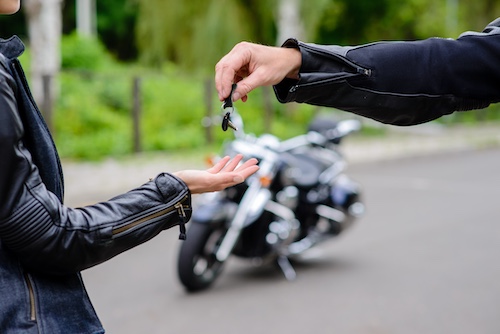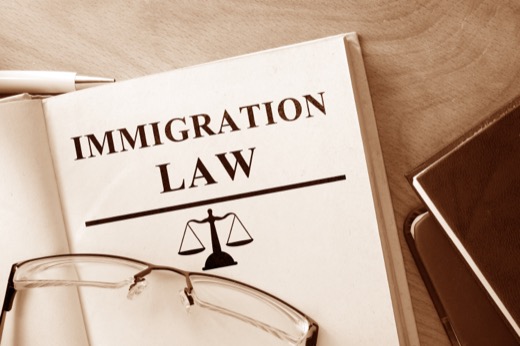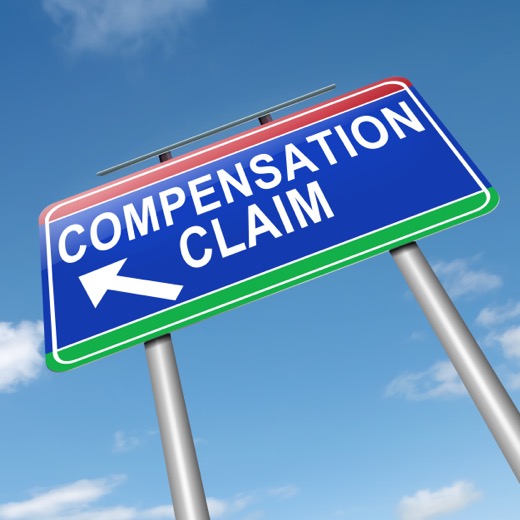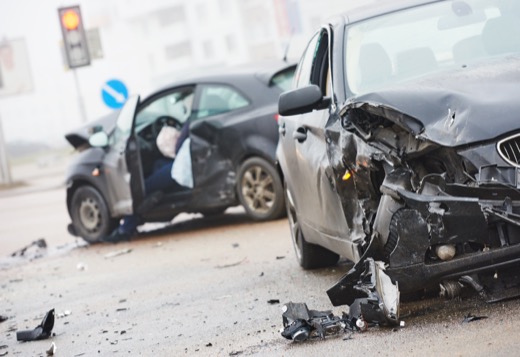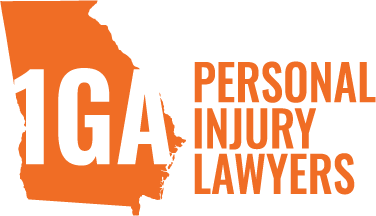- Motorcycle Accidents
Why Understanding Motorcycle Insurance in Georgia Matters
Riding a motorcycle offers freedom and speed, but it also comes with risk. In Georgia, motorcycle insurance is not optional. It protects you financially if you’re involved in an accident, injured, or your bike is damaged or stolen. Knowing what coverage you need, what affects your insurance costs, and how to handle claims helps you ride with confidence and stay within the law.
In this blog, you’ll learn key facts about motorcycle insurance in Georgia and how a skilled motorcycle accident attorney can help after a crash.
Is Motorcycle Insurance Required in Georgia?
Motorcycle insurance is required by Georgia law and is essential for protecting yourself and others on the road.
Minimum Liability Coverage Is Mandatory
Georgia requires all motorcycle riders to carry minimum liability insurance. According to O.C.G.A. § 40-6-10, you must have:
- $25,000 for bodily injury per person
- $50,000 for bodily injury per accident
- $25,000 for property damage
This liability coverage pays for injuries or damage you cause to other people or vehicles. It does not pay for your own injuries or damage to your motorcycle.
Motorcycles Are Treated as Separate Vehicles
A motorcycle is not covered by standard car insurance. You must get a separate motorcycle insurance policy for every motorcycle you own. This is true whether you ride a sport bike, cruiser, touring bike, or dirt bike. Many insurers offer multi-bike discounts if you insure more than one motorcycle under the same policy.
Penalties for No Insurance
Riding without motorcycle insurance in Georgia can result in license suspension, fines, and registration penalties. Your insurance company must report your coverage to the Georgia Electronic Insurance Compliance System (GEICS). If the system shows a lapse, the state may suspend your license or impose a reinstatement fee.
Proof of Coverage Is Required
You must carry proof of motorcycle insurance while riding. This can be a paper copy or a digital version on your phone. Law enforcement officers may ask to see it during traffic stops or after an accident. If you cannot provide proof, you may face a citation or additional penalties.
Key Types of Motorcycle Insurance Coverage
Motorcycle insurance policies offer several types of coverage that protect riders, passengers, and bikes in different situations.
Liability Coverage
Liability coverage is required in Georgia. It pays for bodily injury and property damage you cause to others in an accident. This includes medical bills, vehicle repairs, and legal costs if you are sued. Liability coverage does not pay for your own injuries or bike damage.
Collision Coverage
Collision coverage pays to repair or replace your motorcycle if it is damaged in a crash, regardless of who is at fault. This type of motorcycle insurance coverage is useful for riders who want protection for their own bike. It applies to accidents involving other vehicles, objects, or rollovers.
Comprehensive Coverage
Comprehensive coverage pays for damage to your motorcycle from events other than a crash. This includes theft, fire, vandalism, falling objects, and natural disasters. Many riders choose this coverage to protect their motorcycle from risks while parked or stored. Comprehensive coverage also helps if your motorcycle is stolen.
Uninsured and Underinsured Motorist Coverage
This coverage protects you if another driver causes an accident and does not have enough insurance. It helps pay for your medical costs, lost wages, and damage to your motorcycle. Georgia does not require this coverage, but it can be valuable in serious accidents involving uninsured drivers.
Guest Passenger Liability
Guest passenger liability covers medical costs for a passenger riding on your motorcycle during an accident. Some insurance companies include this automatically, while others offer it as optional coverage. It is important if you frequently carry passengers.
Optional Coverage Add-Ons
Many insurers offer coverage options that improve your protection. These may include:
- Roadside assistance for towing or a flat tire
- Rental reimbursement if your bike is in the shop
- Coverage for custom parts and accessories
- Lay-up insurance for storing your motorcycle in the off-season
Factors That Affect Motorcycle Insurance Costs
Motorcycle insurance costs depend on several factors that insurance companies use to calculate risk and pricing.
Rider’s Driving History
A clean driving record often results in lower motorcycle insurance rates. Riders with traffic violations, accidents, or license suspensions usually pay more. A history of safe riding can lead to motorcycle insurance discounts from many insurers.
Type of Motorcycle
The type of bike you ride strongly affects your motorcycle insurance quote. Sport bikes and high performance motorcycles usually cost more to insure than lightweight bikes or touring bikes. The value, speed, and repair cost of your motorcycle all play a role. Owning a Harley Davidson or custom-built bike can also increase insurance costs.
Age and Experience
Younger riders and those with limited experience often pay higher insurance premiums. Older riders with a longer riding history usually receive lower motorcycle insurance rates. Completing a Motorcycle Safety Foundation course can help reduce costs for new riders.
Location and Storage
Where you live and where you store your bike affects pricing. Urban areas with higher theft and accident rates usually result in higher motorcycle insurance coverage costs. Parking in a locked garage may lower your risk in the eyes of the insurance company.
Frequency of Use
How often you ride also matters. Riders who commute daily may pay more than those who use their motorcycle occasionally. If you ride year-round, you may not qualify for seasonal or lay-up coverage options that save money.
Number of Motorcycles
If you insure more than one motorcycle under the same motorcycle insurance policy, some companies offer a multi-bike discount. This can lower the cost per bike and make full coverage more affordable.
Vehicle Identification Number and Modifications
The vehicle identification number (VIN) helps insurers check your bike’s specifications. Modifications that change speed, handling, or appearance can raise your motorcycle insurance costs. Insurers may require custom parts coverage for upgrades.
Coverage Selections
Choosing full coverage or adding optional coverage like roadside assistance or rental reimbursement increases the total cost of the motorcycle policy. Opting for higher deductibles can lower your monthly premium but increases out-of-pocket costs after an accident.
Motorcycle Accident Claims and Insurance Disputes
After a motorcycle accident, dealing with insurance claims can be difficult and time-sensitive. Knowing how to handle your claim helps protect your rights and your motorcycle insurance coverage.
Filing a Claim After a Motorcycle Accident
Start your claim as soon as possible. Report the accident to your insurance company and provide all necessary details. This includes the vehicle identification number, police report, photos of the damage, and medical records if injuries occurred. Delays can affect your ability to receive payment or may cause the insurance company to question your claim.
What Insurance Covers After an Accident
Your motorcycle insurance policy may cover different types of damage depending on your coverage. Liability coverage pays for damage and injuries to other drivers. Collision coverage pays for your bike repairs. Comprehensive coverage helps if your motorcycle was damaged by fire, theft, or other non-collision causes. Optional coverage like rental reimbursement or roadside assistance may also apply.
Common Insurance Disputes
Insurance disputes can happen when there is disagreement about who caused the accident or how much the claim is worth. The insurance company may deny part of the claim, delay payment, or offer less than the full repair cost. These problems are common when property damage or bodily injury is involved.
Documentation Is Critical
Accurate records support your claim. Keep receipts for medical care, motorcycle repairs, and any lost wages. Take clear photos of your injuries, your bike, and the accident scene. Your motorcycle insurance coverage is easier to enforce when you provide full documentation.
Dealing With Denied or Delayed Claims
If your claim is denied or delayed, ask for a written explanation. Review your motorcycle insurance policy to confirm what is covered. Contact your insurance agent to ask questions and provide any missing documents. You can also file a complaint with the Georgia Office of Commissioner of Insurance and Safety Fire.
Contact an Experienced Georgia Motorcycle Accident Lawyer ASAP!
If you’ve been injured in a motorcycle accident, don’t face the insurance process alone. Our team at 1Georgia Injury Lawyers has the experience to handle tough claims and help you recover the compensation you deserve.
Contact us at 678-635-9939 for a free case consultation today!

